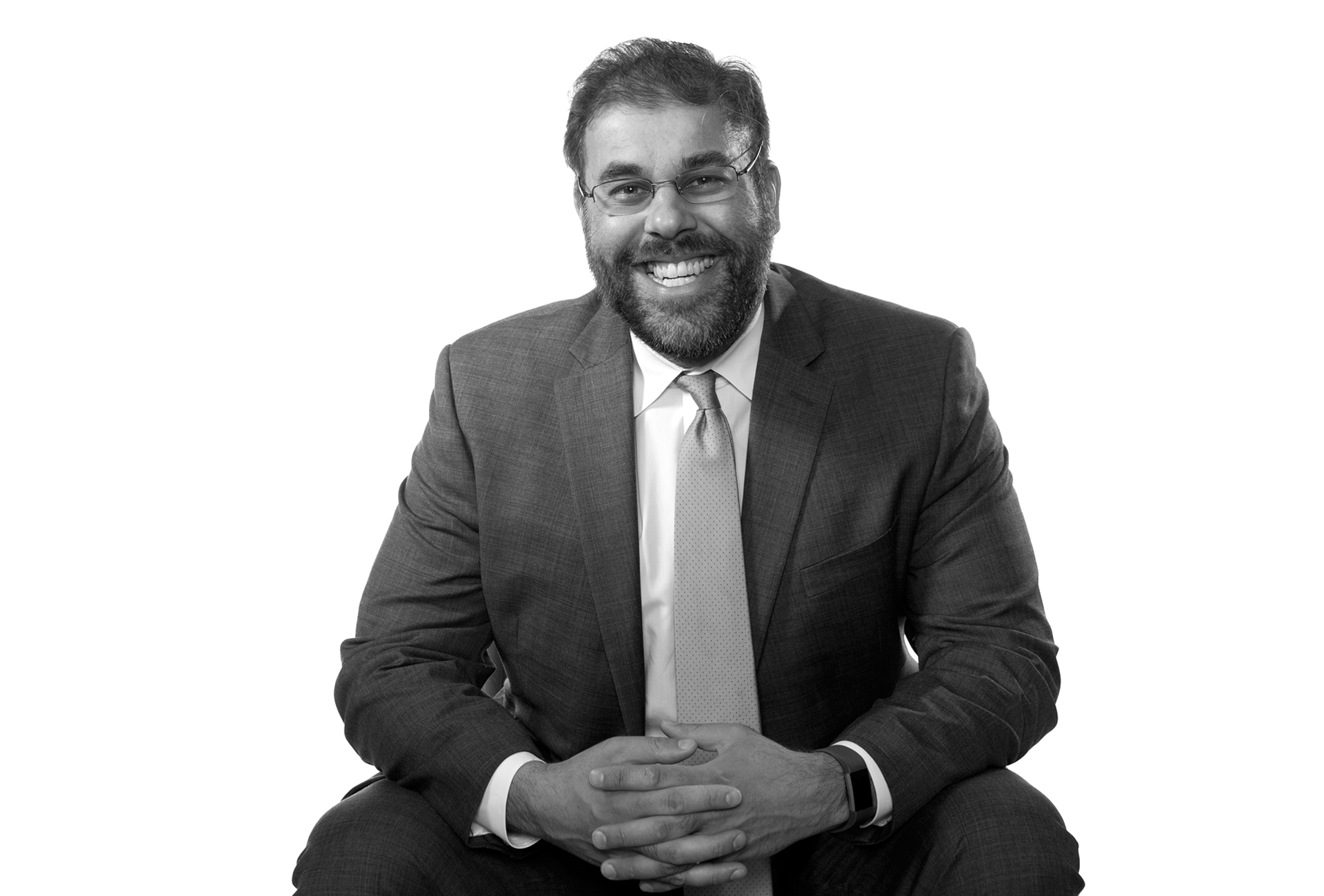The Pro Bene Meritis award is the highest honor bestowed by the College of Liberal Arts. Since 1984, the annual award has been given to alumni, faculty members and friends of the college who are committed to the liberal arts, have made outstanding contributions in professional or philanthropic pursuits or have participated in service related to the college. The following is an interview with one of the 2018 recipients.
Jeremi Suri
Education: B.A. History ’94, Stanford University; M.A. History ’96, Ohio University; Ph.D. History ’01, Yale University
Hometown: New York, New York
Jeremi Suri is a professor in the Department of History and the Lyndon B. Johnson School of Public Affairs, holding the Mack Brown Distinguished Chair for Leadership in Global Affairs. He has written and edited nine books on contemporary politics and foreign policy. His most recent book, The Impossible Presidency: The Rise and Fall of America’s Highest Office, was widely reviewed by major publications such as The New York Times, The Wall Street Journal, The Washington Post and The Dallas Morning News. He is also the recipient of the 2017-18 President’s Associates Teaching Excellence Award from UT.
Your latest book focuses on the history of the American presidency. Which president did you find the most fascinating to study?
I find Franklin Roosevelt the most fascinating president. He gave millions of Americans hope in a time of profound despair, he transformed the expectations of government and he defeated some of the most threatening foreign enemies in American history. He did all of this while preserving and expanding our democracy. He is our greatest president. We have not had a great president since him. We are overdue for another, younger Franklin Roosevelt.
What lessons do you hope students take away from your classes?
I want students to understand the importance of seeing how past choices influence our current circumstances. By identifying the past choices that shaped our current circumstances, we can begin to contemplate new opportunities to adjust and reform. Looking back allows us to imagine new futures and understand the places where opportunities for change exist. The greatest impediment to imaginative change is the tyranny of the status quo. Looking back allows us to see alternatives to the status quo. That is how productive reforms begin.
What is your teaching philosophy?
My goal is to inspire, challenge and stretch the students. I want them to work harder than ever before. I want to shake them out of their comfort zone. I want to make them think deeply and write clearly. And I will do all the same myself. I am just another student in the classroom. Everyone, including me, will work harder than we have ever worked before. We will subject all views to open discussion. Agreement is not necessary, but analytical rigor, attention to evidence and clarity of argument are essential.
“My goal is to inspire, challenge and stretch the students. I want them to work harder than ever before. I want to shake them out of their comfort zone. I want to make them think deeply and write clearly. And I will do all the same myself.”
Jeremi Suri
What made you interested in studying history?
My parents are immigrants from India and Russia. They fled some of the worst horrors of the last century. The United States was a refuge, a savior for my family. History has always been front-and-center in my thinking.
How does the study of history inform foreign policy decisions today?
Studying history allows us to empathize with people who live far from our society. How do they view the world? What are their sources of insecurity and suffering? What are their aspirations? If we cannot answer these questions about our adversaries and allies, then we are unprepared for foreign policy. American leaders and citizens must learn to live in an ever-more diverse and closely connected world. History provides us all with an understanding of these processes and insights about how to move forward.
What is the best book you have read recently?
Richard White’s The Republic for Which it Stands. This is a big, startling history of American society during Reconstruction and the Gilded Age. White’s descriptions of the Gilded Age are eerily similar to parts of our current time.
What role do the humanities play in developing leaders?
The humanities are the foundation for all leadership. Leadership starts and ends with humanistic thinking. What is the purpose of politics? What is the ethical role of the leader? How can we pursue ambitious goals while remaining conscious of our limits? These are bread-and-butter humanities questions that all leaders must contemplate early and often. They are the essential components of character and wisdom. Without character and wisdom, there can be no effective and enduring leadership.
What do you wish the American public understood better about the office of the presidency?
I want Americans to understand how difficult it is for even the most effective presidents to get anything done. The office has impossible expectations. And the president is pulled in too many directions by different groups and constant crises. We need a more focused president who devotes his or her attention to the few most important issues that will determine the future of our country. Defining those few top issues is the first and necessary step in presidential leadership. Too many presidents try to do everything, and therefore get little done.
Who has been the greatest influence in your life?
My maternal grandmother, Emily. She lived to 102. She always made everyone around her better. She was always curious. She loved life. And she survived.
What do you consider the greatest accomplishment of your life thus far?
We have two creative, smart, articulate and loving teenagers. They are talented and they are kind. They are fun and remarkably wise. They bring so much joy into our lives. And they teach me every day. Our children are easily the greatest joy in my life.
